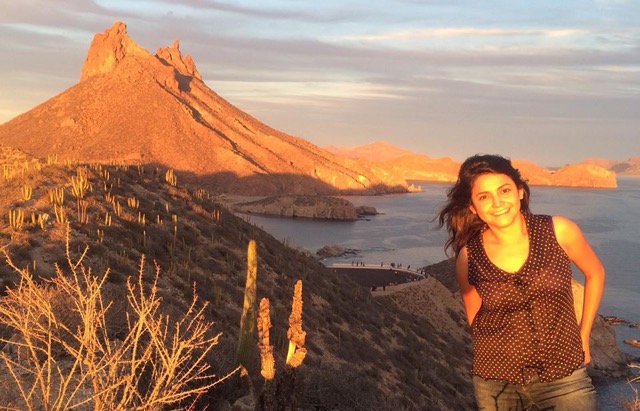
Country: Mexico
María José Espinosa Romero has been collaborating with diverse civil society organizations and governments for the implementation of sustainable fisheries and marine conservation initiatives since 1998. She earned a Master in Science degree in Resource Management and Environmental Studies at the University of British Columbia, Canada. Last year she started a joint PhD program on Governance and Public Policies by the United Nations University and Maastricht University. Her research has focused on ecosystem-based management and collective action for governing marine resources.
She is currently directing the four thematic programs of Comunidad y Biodiversidad (COBI): capacity building, sustainable fisheries, no-take zones, and public policies. COBI is a non-profit organization whose mission is to promote the conservation of marine biodiversity and the establishment of sustainable fisheries through effective participation. With 18 years of experience in sustainable fisheries and marine conservation initiatives, 30 staff members, and four offices, COBI is contributing to Mexican fisheries and marine ecosystem conservation, specifically of coral reefs, rocky reefs, and kelp forests in the Caribbean, Gulf of California and Baja California, respectively. In addition, they have successfully incorporated citizen science (including traditional knowledge) into marine management in Mexico.
1. What are you currently working on within the context of SSF?
2. If you could single out one or two most significant factors for securing sustainability of SSF, what would these factors be?
Building strong social capital and implementing an ecosystem-based approach to fisheries management are the two factors I consider the most important for securing SSF. These factors may seem to be daunting and expensive, but have proved to be feasible for SSF. These factors will gain significance and applicability with the recognition (especially within countries) of the importance and contributions of SSF to the livelihoods of people in coastal communities and thus the importance of maintaining fisheries and healthy ecosystems in the long-term.















